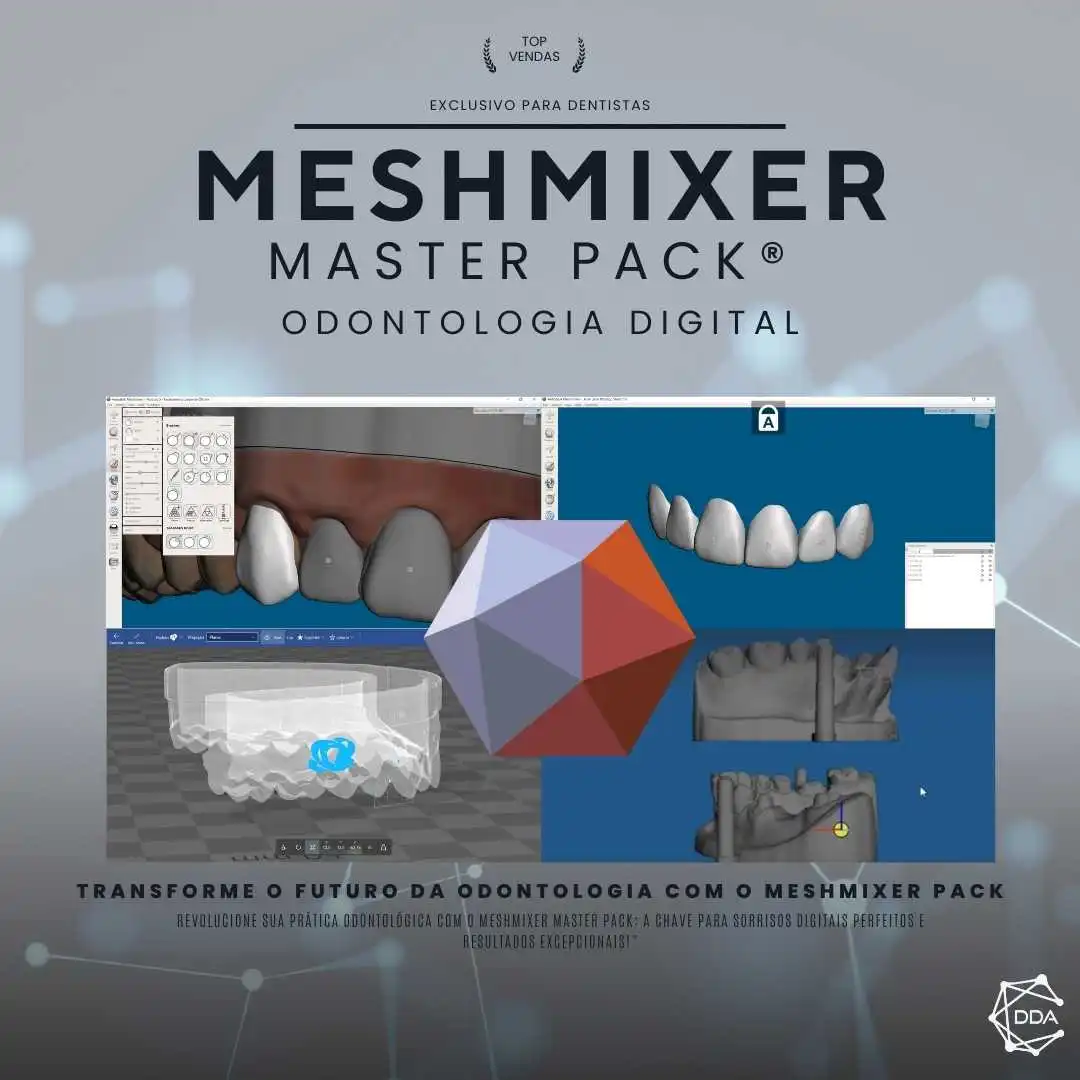What are dental prosthesis connectors?
Dental prosthesis connectors are devices used in dentistry to connect different components of a fixed dental prosthesis. These connectors play a fundamental role in the stability and functionality of the prosthesis, allowing the union of elements such as crowns, bridges and dental implants.
Types of connectors for dental prostheses
There are several types of dental prosthesis connectors, each with specific characteristics that suit different needs and clinical conditions. Some of the main types of connectors are:
Rigid connectors
Rigid connectors are used when there is good stability between the supporting teeth of the prosthesis. These connectors are made of materials such as metal or ceramic, and provide a solid and stable connection between the components of the prosthesis.
Flexible connectors
Flexible connectors are recommended in cases where there is greater mobility between the supporting teeth. These connectors are made of materials such as acrylic resin or silicone, and allow for a more flexible and adaptable connection, following the movements of the mouth during chewing and speaking.
Telescopic connectors
Telescopic connectors are used in removable dental prostheses, providing a stable connection between the prosthesis and the supporting teeth. These connectors consist of two parts, one fixed to the prosthesis and the other fixed to the teeth, which fit together telescopically, ensuring adequate retention of the prosthesis.
Bar connectors
Bar connectors are used in fixed dental prostheses, providing a rigid connection between the components of the prosthesis. These connectors consist of a metal bar that is attached to the supporting teeth and serves as a base for the attachment of crowns or bridges.
Pin connectors
Pin connectors are used in fixed dental prostheses to provide a stable connection between the prosthesis components. These connectors consist of metal pins that are attached to the supporting teeth and serve as a basis for attaching crowns or bridges.
Connectors for implant prosthesis
Implant prosthesis connectors are used in cases where there is a need to restore one or more missing teeth. These connectors are specially designed to adapt to dental implants, allowing the prosthesis to be fixed in a safe and stable manner.
Importance of connectors for dental prostheses
Dental prosthesis connectors play a fundamental role in the stability and functionality of the prosthesis. They ensure the correct union of the prosthesis components, providing an adequate distribution of masticatory forces and preventing displacement or breakage of the prosthesis.
Care of dental prosthesis connectors
To ensure the durability and proper functioning of dental prosthesis connectors, it is important to follow certain precautions. It is essential to properly clean the prosthesis, using brushes and products specifically designed for dental prosthesis. In addition, it is important to avoid habits such as biting hard objects or biting your nails, which can damage the connectors.
Conclusion
Dental prosthesis connectors are essential devices to ensure the stability and functionality of dental prostheses. With different types available, it is possible to choose the most appropriate connector for each clinical case, taking into account the patient's needs and conditions. With proper care, connectors can provide a durable and comfortable prosthesis, contributing to the patient's oral health and quality of life.

